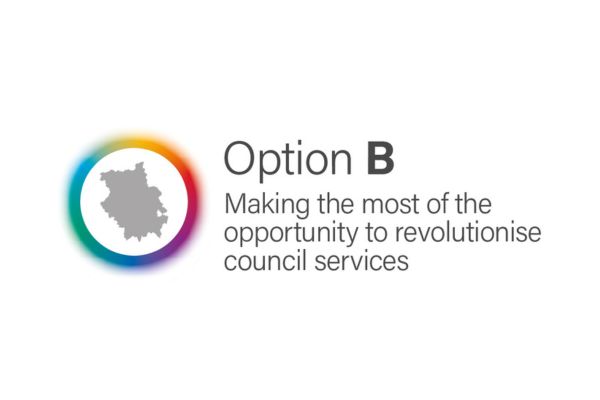Two reports due to be discussed by Cambridge City councillors today (30 September) provide an update on the council’s finances and set out high level proposals to continue working to modernise the council – to make service improvements and cost savings.
Crucially, the reports outline how the council intends to balance its books by continuing its work to reduce net annual spending, with plans to implement £6 million of recurring savings by April 2026, as initially stated last autumn.
The first of the two reports is about the Medium Term Financial Statement (MTFS), which provides an updated forecast of the council’s budget over the next five years.
The second report is an update on the ‘Our Cambridge’ transformation programme. The Our Cambridge report indicates that £2.5 million could potentially be saved by making further changes to the council’s organisational structure; and £3.5 million by making changes to council services, such as implementing or increasing charges for some services.
If approved, the papers will inform the public budget consultation to be launched in late October, and feedback from the consultation will in turn inform the budget setting process for 2025/2026.
Cllr Simon Smith, Executive Councillor for Finance and Resources, explained: “We’ve made great progress through our work to transform and modernise how the council operates, which puts us in good stead as we look to address the forecast budget gap. Through the ‘Our Cambridge’ transformation programme we have already delivered significant savings.
“However, due to factors largely outside our control, our operating costs are rising and our income is falling. Because of the work we’ve done to date we still have the time to take a measured approach. We can continue with our focus on modernising and finding efficiencies to bring down costs in the longer term, while having healthy reserves to draw on to help cover short-term costs.
“We remain absolutely committed to delivering exemplary mandatory services, and to funding and supporting those services that we, and our communities, hold sacrosanct.”
Cllr Smith continued: “We continually work to understand residents' changing needs and innovate to provide more effective ways of delivering these services, to make every £1 we spend count.
“We are looking forward to hearing from central government about their plans for local government funding, and will take any changes to the forecast into consideration.
“We also really want to hear from as many people as possible when we consult on the budget proposals, so that we can make decisions about the direction of travel with local people at the forefront of our minds. Please look out for information about how to take part in the consultation in late October.”
The £6 million is an initial savings target to be implemented by April 2026. A further £5.5 million would then be targeted by 2029, to make a total target of £11.5 million. This is because projected expenditure for the 2029/2030 financial year is currently £11.5 million higher than projected income.
This is an increase from the £9.5 million budget gap identified as part of the Budget Setting Report in February 2024, driven primarily by changes to inflation assumptions based upon updated economic data.
While the council’s General Fund reserves (anticipated to be £19.1 million in March 2025) can be drawn on to help bridge the gap in the next couple of years, if no action was taken to find savings the reserves would run out by 2028/2029 at the latest.
Both reports have been published ahead of discussion at the council’s Strategy and Resources Scrutiny Committee on Monday 30 September.



